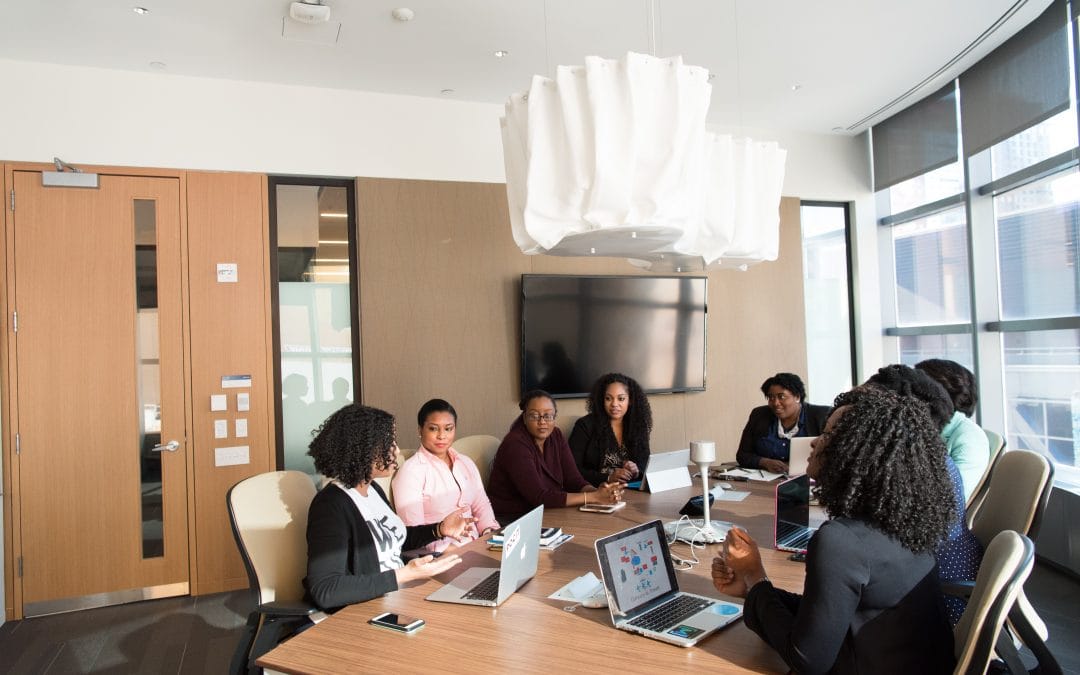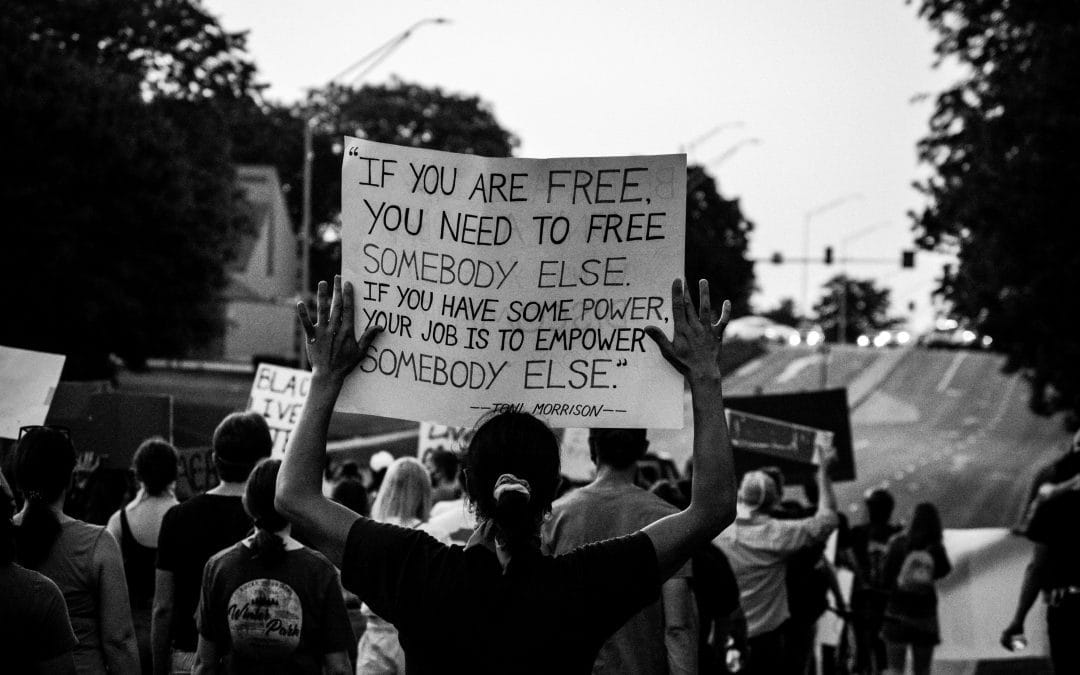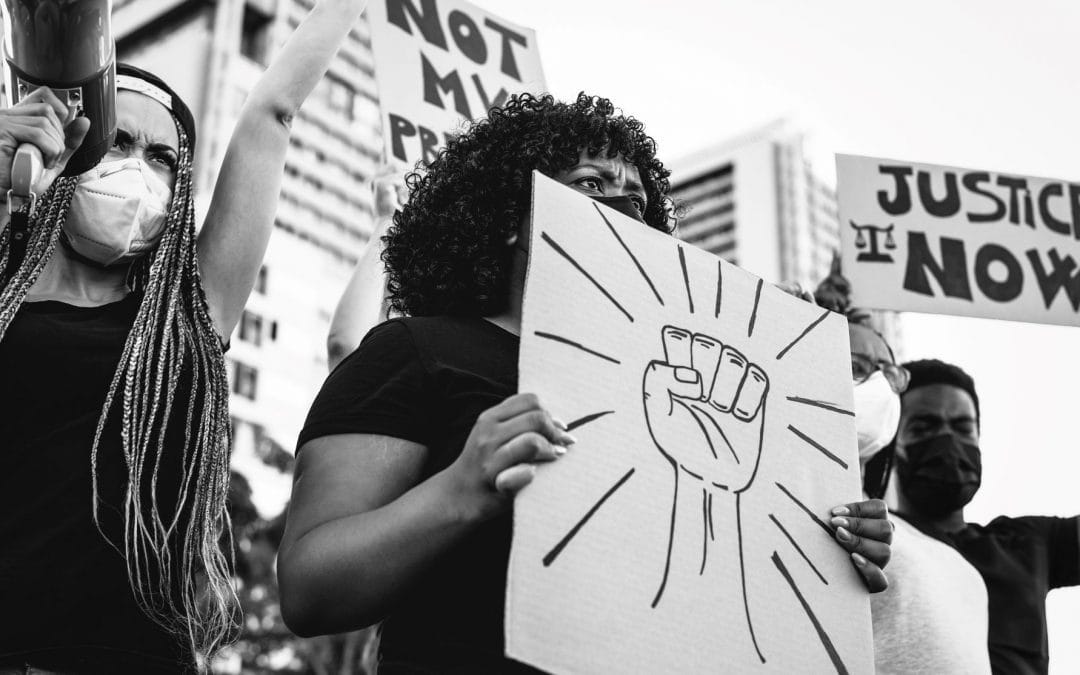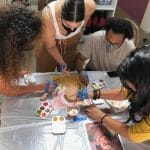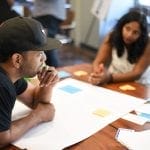Emojis have overtaken our digital communications.
Social media, emails, text messages — no matter what digital platforms you use, chances are you’re only 1 click away from an emoji (or 20).
Emojis even transcend language. Oxford Dictionaries’ “Word Of The Year” in 2015 was the “crying from laughing” (😂) emoji.
Emojis are fun pictorial symbols that help us communicate more effectively. For example, you’ve probably used emojis to lighten up an otherwise serious communication exchange or to clarify your tone to prevent hurt feelings from a misunderstanding, like using a winking emoji at the end of your response to indicate to the other person that it was a joke.
Here’s something you probably didn’t know: you can use emojis to communicate offline, too. And they’re just as effective…
…which brings us to today’s activity, Emoji Cards.
As students begin returning to school in masks, teachers will need tools like those within our social emotional learning curriculum to help them express themselves.
Emojis cards are a fun, non-verbal form of communication that you can offer to your students, which is especially helpful for shy kids and those who struggle to recognize facial cues.
This exercise functions like a real-life emoji keyboard to help students better communicate their feelings to you and their peers and reflect on their feelings.
Download Our Free Handout Emoji Card Worksheet Today and Try it Out Yourself!
As an added bonus, using emojis in conjunction with other forms of learning, such as audio or written, can help students to better absorb the material.
Emojis are pictorial images that make reflection easier for children because they pick up where words leave off. Sometimes it’s easier for children to use emojis to express how they feel than to search for a word with a similar meaning.
Why are Emojis an Effective SEL Tool?
Our exercise uses emojis instead of another visual aid because their meanings are flexible and change with the user, which means kids can customize them around their interpretations and feelings. Also, because emojis communicate easily identified thoughts or feelings, they can supplement your students’ communications with color and clarity.
Here is how the activity plays out:
- Students circle up at the end of a day, week, or session
- You randomly scatter the Emoji Cards on a table or the floor
- You’ll then ask students to look over the cards and select one that reflects how they are feeling about the day, week, or session.
- If you’ve got a small group and enough time, go around the circle and have each person take one to two minutes to share the card they picked and why.
- For larger groups, have participants get in pairs or small groups and share with each other and then invite one or two folks to share out to the whole group.
Allowing students to only select one card to express their feelings focuses their attention on their most dominant feeling. This makes it harder for students because it forces them to reflect on one feeling at a time, but concentrating on one feeling allows students to thoroughly reflect on that feeling.
Frequently repeating this exercise is also a good way for you to spot if any student has difficult, recurring feelings, so you can work with them to address the root cause(s). Emoji Cards also expands your students’ emotional vocabulary and allows them the space to practice articulating their feelings, which is a crucial skill for young people to learn.
Social Emotional Learning Tool “Drawbacks” are Opportunities For You
For all of their versatility, emojis are not a universal form of communication. Different cultures ascribe different meanings to emojis, so it is heavily reliant upon interpretation.
Also, an emoji equivalent for every word doesn’t exist — yet — so, it’s inevitable that the available emojis don’t quite line up with the students’ feelings.
However, these are opportunities for you to instruct your students to draw new emojis on index cards, ascribe to them the meanings that you and your students decide upon, and add them to your deck. This ensures that any discussions you have involving these emojis will use a shared visual and verbal language.
Imagine how cool your student will feel when they know they’ve taken part in designing a new emoji that no one outside of their class is aware of!
Emojis are Dynamic Just Like Your Students’ Feelings
Part of the vast appeal of emojis is that they are constantly changing and evolving. Not only do the meanings of emojis frequently change, it seems that new ones are added to the current lexicon every day.
This is a crucial lesson that helps kids to reflect on and process their feelings. It teaches them that just because they may be grumpy or frustrated at one point in the day doesn’t mean those feelings will last all day long. Even though this activity focuses on one feeling, it may also benefit students to ask them to also reflect on how their feelings changed throughout the day and the reasons behind these fluctuations, in order to help them learn more about themselves.
Who knew the cutesy symbols that you use in your everyday digital communications could also double as a social-emotional learning tool that encourages children to better understand how to express and work through their feelings?
The world inside and outside of the classroom has drastically changed, and all of us are struggling with feelings of uncertainty, especially children. As students return to physical classrooms this fall, it’s more important now than ever before to equip them with tools to help them understand, express, and share their feelings with you and their peers in a healthy and constructive manner.
You’ll also be happy to know that in the event of another unforeseen crisis and future shutdown, Emoji Cards also work in Zoom breakout rooms, too — just screen share the handout and ask kids to select an emoji to start a conversation about how they’re feeling.


